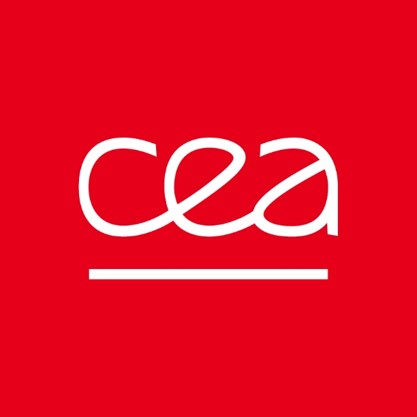-
Complex systems and software engineering
The Electronics, Detectors and Computing Division
Research unit
The DEDIP, Electronics, Detectors and Computing Division, is one of the three technical divisions of Irfu. Its mission is to propose, design, realize and operate innovative and coherent solutions for the whole detection and data processing chain of scientific instruments used in Irfu experiments. The DEDIP is structured in nine laboratories providing a wide range of complementary skills covering the following domains: detectors physics, front-end electronics and microelectronics, real-time acquisition and data processing systems. It is more and more implied in data analysis and has reinforced its skills software engineering, events processing and display skills, becoming even more large and complex. Finally, the DEDIP also have authority to create value from its skills with other research or industrial actors, in particular in sociteal domains such as medical, arts...
Innovation themes
Route de l'Orme aux Merisiers
CEA - Saclay, Bâtiment 141
91191 GIF-SUR-YVETTE
Expertises
- real-time systems, acquisition electronics and microelectronics
- software engineering for scientific applications
- cosmology, statistics and display
Applications sectors
- IT / software
- Biotechnology
- Other business
- Aeronautics / Aerospace
- Electronic / photonics
- Mechanics
Total number of employees
Number of researchers : 75
Number of doctoral students : 6
Equipment(s) open to collaboration
- Micromegas FABLAB (workshop MPGD) for gaseous microstructured detectors production
- a mirror test platform (black roomde, 30m depth)
- a clean room including 30m2 ISO 8, 30m2 ISO 7 of which 5m2 ISO 5 under laminar flow, with a material airlock
- a 112 m2 ISO7 clean room CICLAD with material airlock and a wash station airlock, the last being used for the building of large size detector modules
- 3 big integration halls, one with a 65 m2 black room
- a semi-automatic welding machine and a 3D microscope camera, part of platform P2IO/CAPTINNOV (with the test machine under-probe located at LAL in ORSAY)
- a platform with 9 microelectronics (ASIC) design and simulation work stations
- a vacuum evaporation station for thin layer deposit (Aluminium, gold, CsI?)
- a cryogenic platform made of 2 cryostats allowing the test of elements down to 20mKelvin (bolometer Ge, NTD?)
- an optical measurement platform: spectrometry and photometry (VUV-IR), 3D optical metrological checking (10 microns)
- a muon telescope allowing to test detectors (spatial resolution, homogeneity?)
- vacuum chambers for detectors real-life testing: low pressure gaseous detector, silicon...
Keywords
Valuation offer
- multi-stream video compression
- cards analysis
- in painting algorithm
- health instrumentation: contribution to the dévelopment of the ART instrument to enhance the PET-SCAN drivers performance for small animals and search for new radioactive plotter
Projects examples
Industrial and scientific relations
Scientific collaborations
- France: TGIR (CERN, GANIL), CNES, institutes of CNRS (INSU and IN2P3)
- Europe: european intergovernmental organisations (CERN, ESA, ESO), european coordinations (APEC, NUPECC, ASTRONET), Germany (DESY, GSI), Spain (CIEMAT), Italy (INFN, ENEA)
- International: TGIR (FAIR, XFEL, IFMIF, ESO observatories, ESA spatial observatories), USA (FERMILAB, JLAB, Stanford and NASA), Canada (SNOLAB), Japan (KEK, JAEA et RIKEN), Israel (Soreq NRC, affiliated to IAEC)
Private collaborations
ELVIA, FEDD, 3DPlus
Establishments of affiliation
